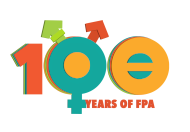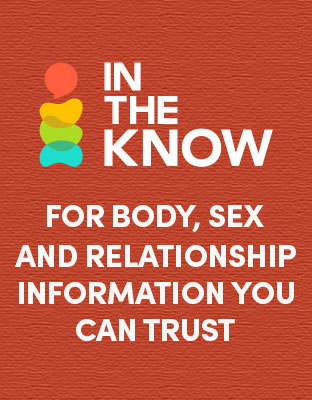Breast Pain (Mastalgia)
What is mastalgia?
Mastalgia (breast pain) is a common cause of discomfort and anxiety for women and is not usually a sign of breast cancer or other breast disease. If you have breast pain, talk to a health professional about it, especially if it is severe or interfering with your daily life.
Are there different types of mastalgia?
There are two main types of mastalgia - cyclical and non-cyclical.
Cyclical mastalgia
Cyclical breast pain is linked your menstrual cycle and changing hormone levels. It usually goes away during pregnancy and menopause. For many women, it is normal for breasts to become tender or painful just before their period. About two thirds of women with breast pain have this type of pain. Cyclical mastalgia:
- is often described as dull, heavy and achy
- usually affects women in their 30s-40s
- usually starts in the second half of the menstrual cycle, increases until the period begins, then settles during the period
- can be more severe and prolonged for 1 to 2 weeks before a period for some women
- usually involves the upper outer breast area into the underarm
- can be spread over both breasts, but may be more severe in one breast
Non-cyclical mastalgia
Non-cyclical breast pain is not related to the menstrual cycle.
There are a number of causes including infection and benign (non-cancerous) breast lumps. Sometimes the pain comes from the breast tissue in one or both breasts without any physical cause. About one third of women with breast pain have this type of pain.
Non-cyclical mastalgia:
- is often described as burning, drawing, achy and sore.
- usually affects women in their 40s-50s
- can come and go
- tends to be one sided and in one section of the breast
Are there other types of pain that can be mistaken for mastalgia?
Pain in the breast area can be referred from other parts of the body including:
- joints – spine and ribs
- nerves - compression or irritation
- muscles – chest & upper back
or may be from other illnesses such as:
- shingles
- pneumonia
- gall stones
Referred pain in the breast area tends to be:
- on one side of the body only
- brought on by activity
- experienced at the extremities of the breast
- felt when pressure is applied on a specific area of the chest wall
Your doctor will need to do a thorough physical examination to determine the cause of any referred breast pain.
How is mastalgia treated?
If the pain is mild or goes away when your period starts you may not need any treatment. Simple measures that have been shown to be effective include:
- a well-fitting sports bra
- a soft support bra for sleeping
- simple painkillers such as paracetamol or ibuprofen
- topical NSAIDs (non steroidal anti-inflammatory drugs) such as diclofenac gel
There is no evidence that stopping or changing the combined oral contraceptive pill affects breast pain. In fact, breast pain usually goes away after a few months when you first start oral contraceptives. There are no studies about the effect of menopausal hormone therapy (MHT) on breast pain - your doctor might recommend stopping MHT or trying a low dose and increasing it slowly.
There is no evidence that the following treatments are effective in managing mastalgia:
- vitamins - A, B6 or E
- strong painkillers - codeine, morphine, etc
- diuretics
- changes to diet - reducing caffeine, salt or fat
- evening primrose oil
When should I see my doctor?
Although breast pain isn’t usually a sign of breast cancer you should see your doctor if you have any of the following:
- new breast lumps
- new lumpiness
- changes in the shape of your breast
- changes in the nipple
- discharge from your nipple
- any ongoing breast pain
Your doctor will examine your breasts, both visually and by carefully feeling the breasts. They will then decide whether to send you for further tests (mammogram or ultrasound).
Your doctor may ask you to keep a pain chart to get an accurate idea of when you have the pain and how bad it is.
What about breast awareness?
You should know how your breasts usually look and feel, so that you can see a health professional as soon as you notice any changes.
For more information
Family Planning NSW Talkline – www.fpnsw.org.au/talkline or 1300 658 886
National Relay Service (for deaf people) – 13 36 77
TIS National's interpreting service – 131 450
Visit your nearest Family Planning NSW clinic – www.fpnsw.org.au/clinics
Family Planning NSW Factsheet – www.fpnsw.org.au/health-information/breast-health/breast-awareness-and-commonbreast-problems




